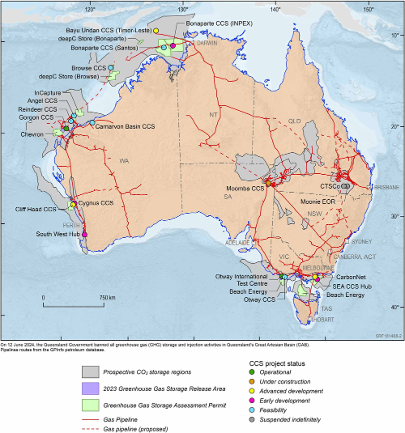Carbon Neutral, Net Zero or Climate Positive – a Guide to Setting Your Climate Action Targets
- Decarbonology
- Jan 30, 2023
- 3 min read
Climate action is now an imperative for economies around the globe. Faced with increased pressure from investors, stakeholders and customers, more and more companies are taking concrete steps to decarbonise their operations.
Companies are also recognising the benefits of reducing their emissions in terms of improved efficiencies, cost savings and enhanced corporate reputation - making them well placed to compete in a low carbon future.
Terms like ‘carbon neutral’ or ‘net zero’ are often used by companies to describe their climate commitments. However, it is important to understand what these phrases mean so business owners can make the right decisions and ensure their activities accurately reflect their reporting and performance metrics.

What is Carbon Neutral?
A company is considered ‘carbon neutral’ when it removes the same amount of carbon dioxide (CO2) emissions it produces. Once a company calculates its carbon emissions, they can then invest in carbon removal or offset projects – like tree planting – to compensate for the same amount of emissions, measured in tonnes of CO2.
Carbon offsetting allows organisations can take immediate action to lower their overall carbon footprint. But being carbon neutral does not mean you are producing no emissions; it does mean, however, that you are choosing to become accountable for your environmental impact and actively taking steps towards mitigating those impacts.
Carbon neutrality is easier to attain than net zero and is often the first step in an organisation’s climate journey.
What is Net Zero?
Net zero takes climate action further by having a greater impact on decarbonising the atmosphere and considering all greenhouse gas emissions, rather than just focusing on CO2.
Net zero refers to the balance between greenhouse gases produced and greenhouse gases removed from the atmosphere - firstly through the reduction of emissions, then by neutralising residual emissions with permanent carbon removals (or offsets).
By using science-based targets, we can clearly define a pathway to reducing greenhouse gas emissions and future-proofing business growth. Targets are considered ‘science-based’ if they are aligned with what climate science deems necessary to meet the goals of the Paris Agreement – limiting global warming to well-below 2°C above pre-industrial levels and pursuing efforts to limit warming to 1.5°C by no later than 2050.
Organisations looking to achieve net zero need to first reduce their greenhouse gas emissions as much as possible (by approximately 90-95%), before offsetting the residual to a maximum of 10%.
Climate Positive - Going Beyond Net Zero
To meet the goals of the Paris Agreement and limit global warming, we need to remove more greenhouse gases from the atmosphere than we emit.
That brings us to the ultimate target - climate positive (or carbon negative). Climate positive goes even further than net zero and occurs when a company removes or captures more CO2 than it emits, leaving an overall positive impact on the environment.
As the need to meet global emissions reduction targets becomes more urgent, going beyond climate neutrality to more ambitious commitments like net zero and climate positive may be the only way forward.
Start Your Climate Journey Today
No matter where you are in your journey, the first step is to understand your organisation’s environmental impact by calculating its carbon footprint - including measuring greenhouse gas emissions across your entire value chain.
The next step is to develop a strategy to reduce your emissions as much as possible. This can be done through several methods, including improving production and energy efficiencies, or using renewable energy.
Carbon removals or offset projects can also help reduce your overall footprint - either through natural carbon sinks such as reforestation or soil carbon sequestration, or technological solutions like carbon capture and storage.
As experts in this area, Decarbonology can support you through the entire process. We can help you determine which climate goals are attainable for your organisation and put you on the path to achieve your targets.
Contact us to get started on your decarbonisation journey today.




Comments